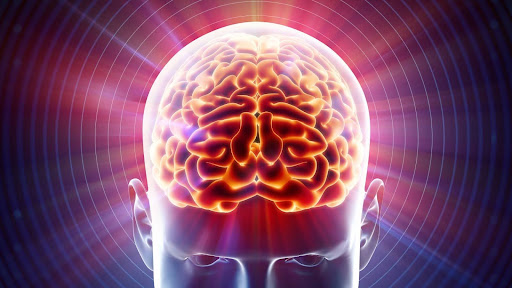Does it seem strange to you to connect your gut health to your brain health and consequently your hearing? Maybe so, but the fact is that they are all inextricably linked.
The Second Brain
Our gut has its own nervous system which has been called the “second brain” by scientists. When you think about, it’s clear that the two are so connected. Whatever is going on in your gut has a direct pathway to your brain function and behavior.

Think of the feeling of getting “butterflies” in your stomach when you’re about to take a test or give a speech, or stress-induced stomach ulcers, or our tendency to eat when we feel emotional.
The Gut-Brain Axis
It’s quite clear that the gut-brain axis is a hugely powerful relationship with enormous influence on the rest of the body too.
There are millions of neurons in the gut that communicate with the brain via a complicated system that also involves the nervous system, the endocrine system, gut hormones, and neurotransmitters.
Many of these hormones and neurotransmitters are created in the gut and include storage of serotonin, the neurotransmitter known as the happy chemical, due to the role it plays in your emotional well-being and in regulating moods.

So, if you’re someone suffering from ear issues and hearing conditions, doesn’t it make sense to look at your gut health and your brain health? Both need to be healthy and in balance.
Inflammation and The Vagus Nerve
One of the biggest conditions that is both a hallmark of mental illness, and the cause of many chronic health issues is inflammation. Studies have shown that a large number of patients who had inflammatory disease also suffered from depression and anxiety.
The vagus nerve and gut microbiota are involved in this link between gut and mental health. Studies show that stimulation of the vagus nerve can reduce inflammation and stress, and some forward thinking researchers have even suggested that vague stimulation could be a natural way to reduce depression.
GABA Activity
Then there’s the issue of healthy gut bacteria such as the probiotics lactobacillus rhamnosus and lactobacillus paracasei which have been shown to send signals to release GABA, an amino acid that acts as the main inhibitory neurotransmitter in the brain.
GABA is critical in blocking and slowing down certain signals in the body’s central nervous system. Increased GABA activity creates a calming effect, helping with stress and anxiety.
Scientific studies show that tinnitus could also be the consequence of lower GABA activity in the auditory system.
So quite literally your gut healthy can have a direct link to your ear troubles, via your brain. Isn’t that fascinating?
Conclusion
The gut is clearly so much more than just the place where we digest food, and there’s still so much to be discovered on the gut-brain relationship as scientists continue their investigations.
It’s never been more important to take care of your gut and your brain health to lead a healthy life and hopefully finally quieten the noise in your ears.





